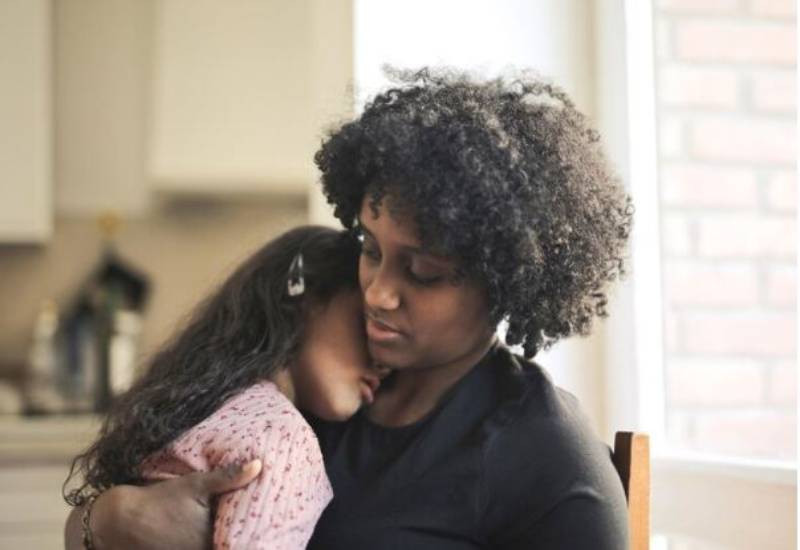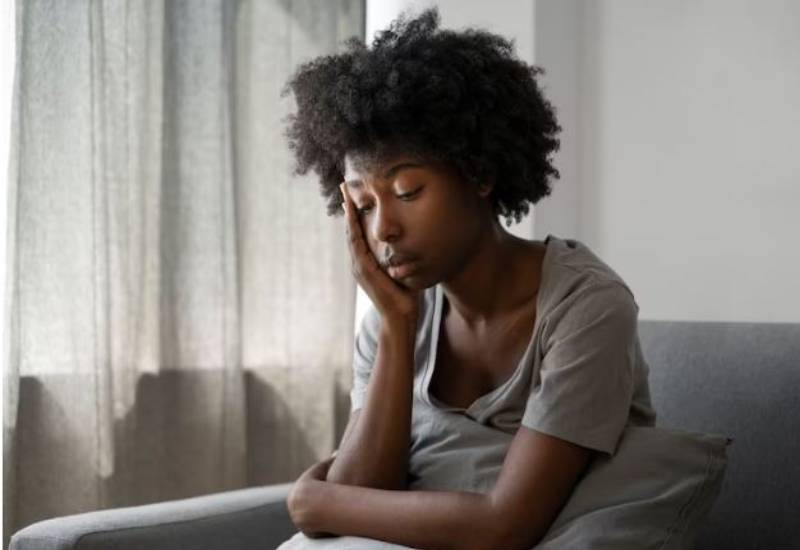
The world celebrated International Women's Day this week, but it is important to remember that many women continue to face obstacles and challenges in their daily lives. One of these challenges is "mummy-shaming," a practice where mothers are criticised and judged for their parenting choices.
Mummy-shaming has become increasingly prevalent in recent years, thanks in part to social media. It is not uncommon for mothers to receive unsolicited comments and advice from strangers online, ranging from criticism about their children's behaviour to their appearance.
This type of shaming can have serious negative effects on mothers' mental health and well-being. According to a survey by the parenting website ChannelMum, 68 per cent of mothers said they had experienced some form of mummy-shaming. Of those, 42 per cent said it had negatively impacted their mental health, with some even experiencing postnatal depression as a result.
Parenting choices
Another survey by BabyCentre shows that 67 per cent of mothers have experienced some form of shaming, with 61 per cent of them experiencing it online. The survey found that mothers are most commonly shamed for their parenting choices, including their feeding choices, sleep habits, and discipline methods.
Take for instance, Georgina Njenga, a new mother who recently opened up about her experience with mummy-shaming, who says that the practice is particularly unfair because it is often directed solely at mothers.
"It is crazy, I can be in the house six out of seven days, but that one day, everyone will try to make me feel bad for going out," said Georgina. Georgina pointed out that what makes the situation even worse is that the same questions are not directed towards the father of her child.
She said questioning a mother about her baby's whereabouts while she is out having a good time is a form of mother-shaming that creates unwarranted guilt in mothers. She believes it is time to stop perpetuating this harmful behaviour and start supporting mothers instead.
Feelings of inadequacy
Georgina shared her struggle with postpartum depression, which she experienced due to her reluctance to seek help and overworking herself in the first three months of being a mother.
The impact of mummy shaming can be significant, with research indicating that it can lead to increased stress, anxiety, and feelings of inadequacy among mothers.
A study published in the Journal of Family Psychology found that mummy-shaming can also hurt children, with mothers who feel judged being more likely to experience symptoms of depression and anxiety, which can affect their ability to parent effectively.

The consequences of mummy-shaming are not just limited to mothers' mental health. It can also impact their parenting choices, with many mothers feeling pressure to conform to societal expectations or to seek approval from others.
This can lead to feelings of guilt, and even self-doubt, which can be detrimental to both the mother and child.
Dr Lindsay Malloy, an associate professor of psychology at Ontario Tech University, says that mommy shaming can be particularly harmful because it often comes from other mothers. "When we hear it from other mothers, we are more likely to internalise it and see it as a reflection of our worth as a mother," she says.
Dr Malloy also notes that mummy-shaming can perpetuate harmful stereotypes about mothers and their roles in society. "It reinforces the idea that mothers are supposed to be perfect and that any deviation from that ideal is a failure," she says.
According to Dr Sarah Allen, a licensed clinical psychologist and parenting expert, mummy-shaming can have a lasting impact on a mother's mental health and well-being.
"When mothers are shamed, they often feel like they are doing something wrong, even when they are not," says Dr Allen. "This can lead to feelings of guilt and inadequacy, which can erode a mother's confidence and sense of self-worth."
Dr Allen also notes that mummy-shaming can lead to a breakdown in social support networks, with mothers feeling hesitant to seek support or advice from others due to fear of being judged. This can further isolate mothers and make them feel unsupported, which can hurt their mental health and well-being.
Gender stereotypes
Another expert, Dr Andrea Bonior, a clinical psychologist and author, says that mummy-shaming can also have an impact on children.
"When mums are criticised and shamed, it can make them feel less confident and less capable as parents," she says. "This can have an indirect effect on their children, who may pick up on their mother's anxiety and insecurity."
In addition to the negative impact on mothers and children, mummy-shaming can also have a broader societal impact.
According to a report by Save the Children, mummy-shaming can reinforce gender stereotypes and perpetuate inequality, with mothers often being judged more harshly than fathers for the same parenting choices. As we celebrate International Women's Day, let us commit to supporting and uplifting mothers, recognising the value and importance of their contributions to society. Let us reject mummy-shaming and instead celebrate the diversity and strength of mothers around the world.
 The Standard Group Plc is a multi-media organization with investments in media
platforms spanning newspaper print
operations, television, radio broadcasting, digital and online services. The
Standard Group is recognized as a
leading multi-media house in Kenya with a key influence in matters of national and
international interest.
The Standard Group Plc is a multi-media organization with investments in media
platforms spanning newspaper print
operations, television, radio broadcasting, digital and online services. The
Standard Group is recognized as a
leading multi-media house in Kenya with a key influence in matters of national and
international interest.
